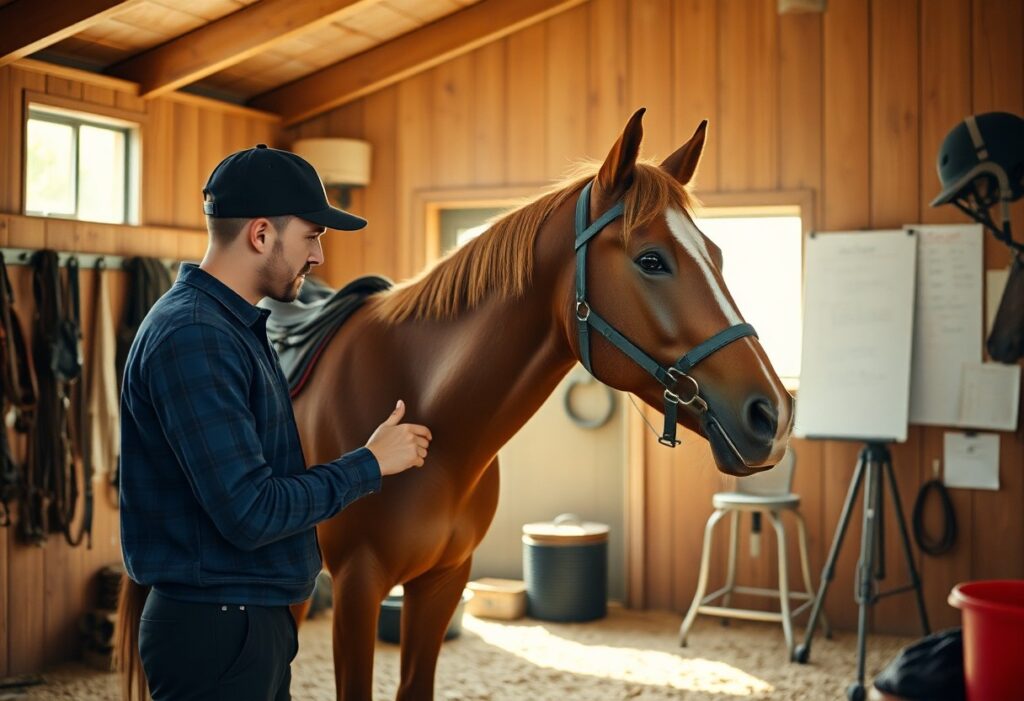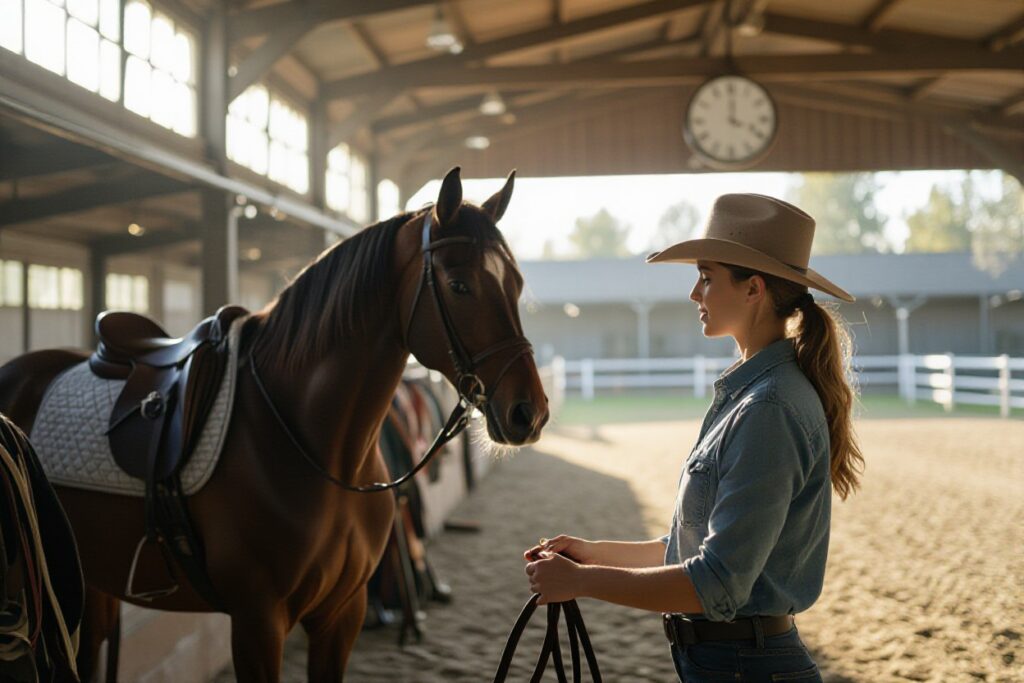There’s more to being a horse trainer than simply riding and training horses. Your day is packed with various activities that contribute to the overall well-being and performance of your equine partners. Understanding these tasks gives you insight into the dedication required to excel in this profession.
Your day often begins early in the morning, as you need to check on the horses’ health and condition. This may involve feeding them, observing their behavior, and assessing whether they show any signs of injury or distress. You also clean stalls and ensure that their living environment is safe and comfortable. Maintaining proper hygiene is imperative for the horses’ health and helps prevent illness.
After the morning routine, you usually move on to training sessions. While riding is an integral part, you also engage in groundwork, which includes lunging or using round pens. These sessions help establish trust and respect between you and the horse. You spend time assessing their skills, adjusting techniques according to their response, and setting specific goals for improvement. This individualized approach helps each horse reach its full potential.
In addition to hands-on training, you passionately research training methods and stay updated on the latest techniques in equestrian sports. Continuous learning is critical in this field. You might attend workshops, seminars, or watch videos to enhance your knowledge. Gathering advice from experienced trainers can also provide you with new perspectives and strategies.
Your responsibilities often extend beyond working directly with the horses. You handle administrative tasks such as coordinating schedules, managing finances, and maintaining records for each horse. Keeping track of their health history, training progress, and competition results is vital. This information guides your training approach and provides valuable data when working with clients or veterinary professionals.
Interaction with clients is another significant aspect of your role. Communicating with horse owners about their animal’s progression helps foster trust and cooperation. You explain training strategies, share updates, and provide advice on care and management. Building strong relationships with clients contributes to their satisfaction and the horse’s success.
As competition days approach, your focus shifts to preparing horses for events. This preparation includes fine-tuning their skills, grooming them, and ensuring they are in peak fitness. You also assist with transportation logistics, making sure horses arrive at venues safely and comfortably. On competition day, your role is to present the horse at its best, remaining calm and collected under pressure.
In the long run, the life of a horse trainer encompasses a rich variety of tasks that go well beyond riding. From caring for the horses and developing training plans to managing logistics and fostering client relationships, every day presents new challenges and learning opportunities. Your dedication to these aspects ultimately shapes the success and health of both you and your horses.











